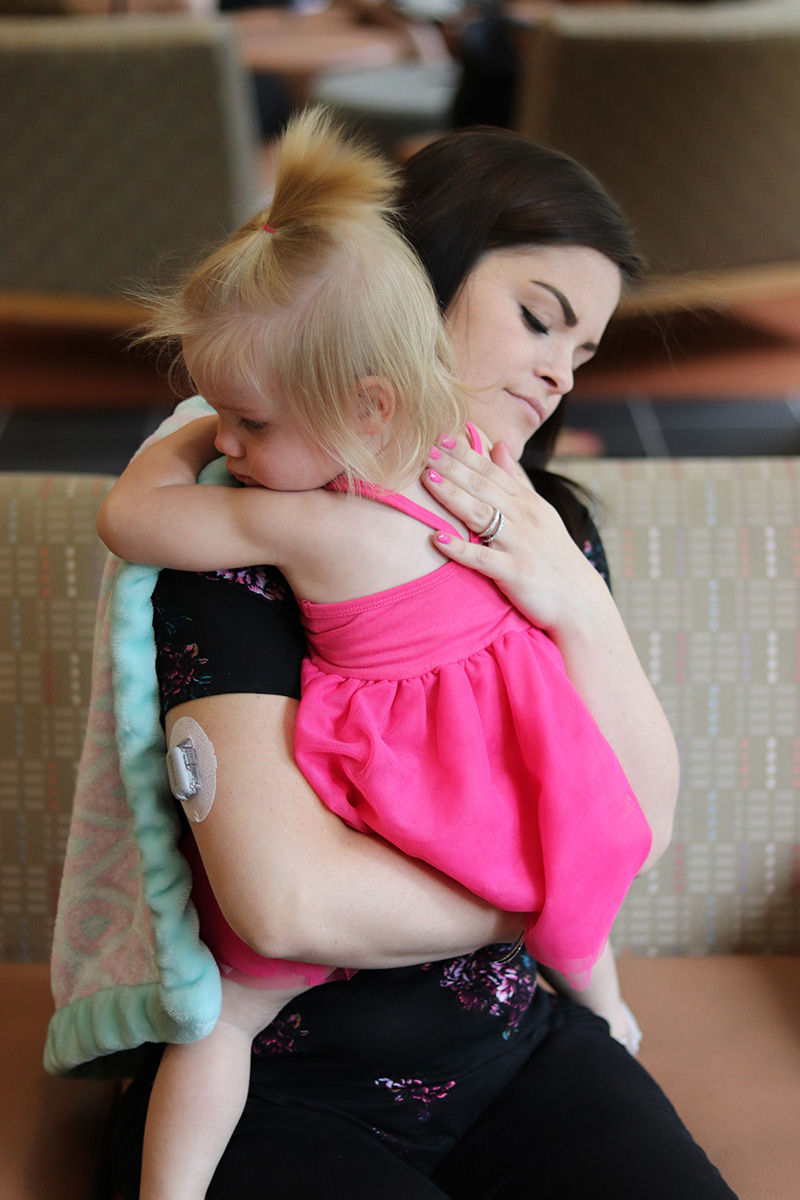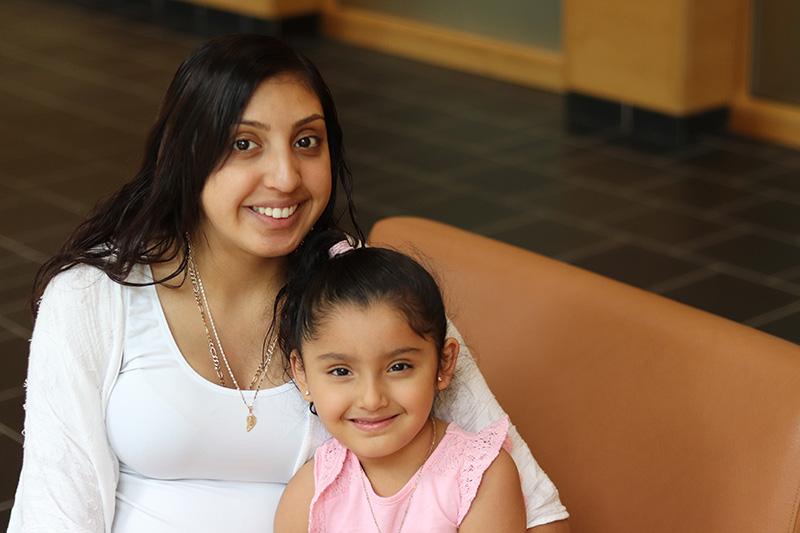
By Lisa Meyers MSW, CDE
Social Worker, Barbara Davis Center Adult Clinic
Expecting a baby is exciting and joyful. For anyone, it can also bring stress and anxiety about the responsibility of carrying a new life. Women who have type 1 diabetes (T1D) can experience even greater anxiety and concern about the demands and risks associated with diabetes management and the health of their unborn child. Healthcare professionals play an important role in helping these women not only with managing the physical and medical needs of their diabetes, but with their emotional and psychological needs as well.
Pre-existing depression and other psychological conditions can be exacerbated by the physiological changes in pregnancy and by the psychological stress associated with managing diabetes during pregnancy. It also becomes harder to manage depression with restrictions on the use of certain medications. Women with T1D are at 50% greater risk for depression than those without diabetes. The increased demands for more perfect control of blood sugars, along with the responsibilities of a job, other children, the time required for additional doctor appointments, and additional costs that come with more medical care can be overwhelming and cause added emotional and psychological stress. This may include guilt over imperfect blood sugars, fear about their diabetes management and the effect this may have on baby’s health, and increased diabetes distress.
 The cost of diabetes related pregnancies can be another source of stress for women. Depending on insurance coverage it can mean copays for more visits, more labs, and extra supply orders. Technologies like insulin pumps and continuous glucose monitors are used now to reduce the risk for complications in the pregnancy and to give the woman more control over hypo/hyper glycemic events. Continuous glucose monitors can allay the fear and relieve the anxiety associated with the dramatic fluctuations of blood sugar. Although these technologies are helpful in managing diabetes through a pregnancy, the cost of these technologies can be prohibitive for some women, and others are faced with the stress of the extra expense in choosing to use technology during their pregnancy. (The Children’s Diabetes Foundation now has the Helping Little Hands Program to make sure financially at-risk women can receive the proper supplies, appointments, and technology they need to have a successful pregnancy with type 1 diabetes)
The cost of diabetes related pregnancies can be another source of stress for women. Depending on insurance coverage it can mean copays for more visits, more labs, and extra supply orders. Technologies like insulin pumps and continuous glucose monitors are used now to reduce the risk for complications in the pregnancy and to give the woman more control over hypo/hyper glycemic events. Continuous glucose monitors can allay the fear and relieve the anxiety associated with the dramatic fluctuations of blood sugar. Although these technologies are helpful in managing diabetes through a pregnancy, the cost of these technologies can be prohibitive for some women, and others are faced with the stress of the extra expense in choosing to use technology during their pregnancy. (The Children’s Diabetes Foundation now has the Helping Little Hands Program to make sure financially at-risk women can receive the proper supplies, appointments, and technology they need to have a successful pregnancy with type 1 diabetes)
It is important to remember that diabetes is a family disease and the same stress and anxiety that occurs for the pregnant woman with type 1 diabetes occurs for their partners and other family members. Addressing these issues with partners and including them in the education and decision-making process with the team of providers encourages their confidence in having a successful pregnancy.
Overall, patient-centered care and collaboration between the team of providers and the patient promote healthier pregnancies for women with diabetes. Psychosocial support should be an integral part of care in their pregnancy. This will help to support and promote a healthier and more positive experience with pregnancy for women with diabetes.
The Children’s Diabetes Foundation is proud to sponsor the Helping Little Hands Program, which supports pregnant women with diabetes who lack the financial resources for diabetes technology and care, which are two crucial elements for the health and safety of mom and baby. Click here to learn more about this program.






